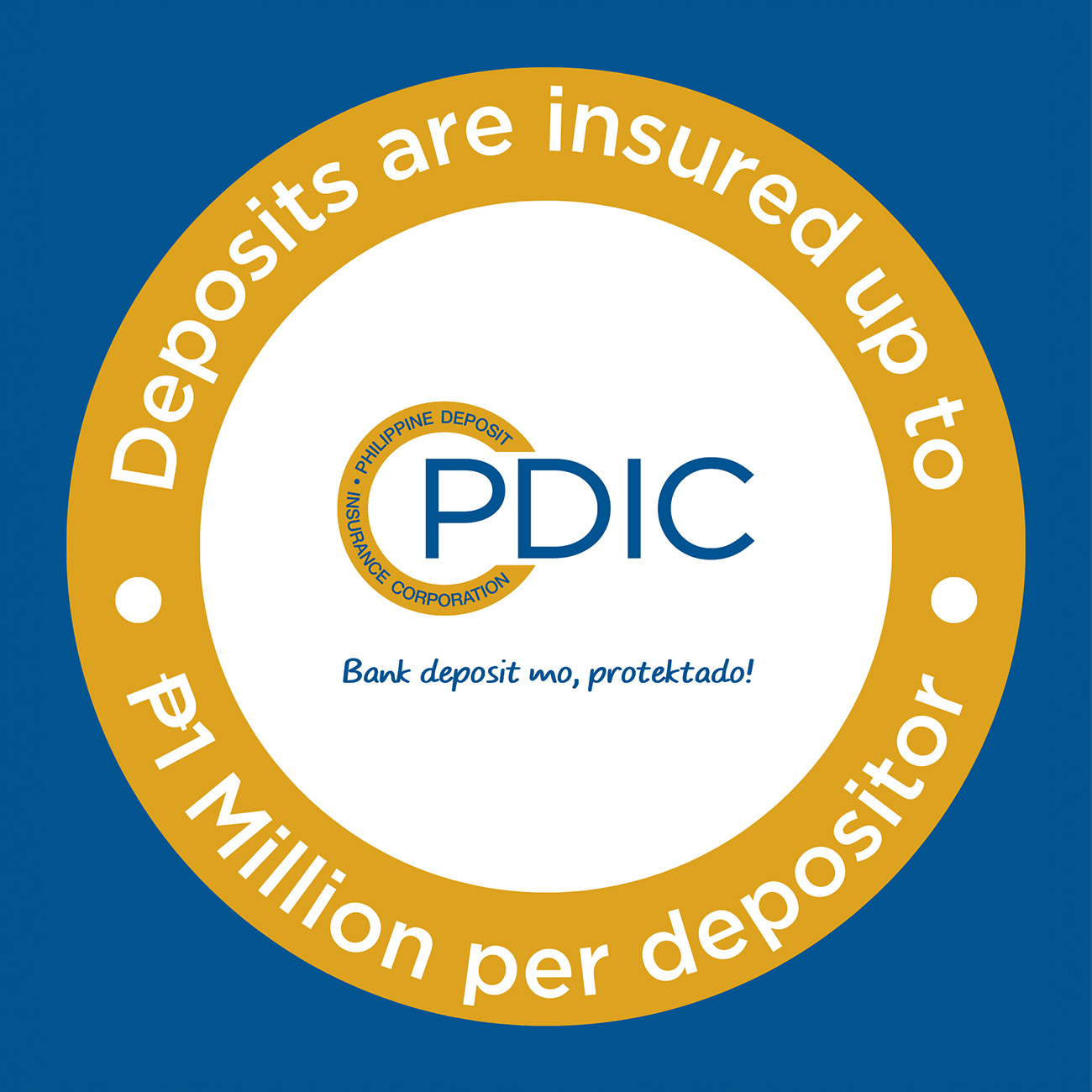Many businesses have realized how sustainability drives business value. It has evolved from a corporate social responsibility initiative to a fundamental driver of business success.
In today’s market, integrating sustainable practices is not merely an ethical choice but a strategic necessity. Companies that prioritize sustainability not only contribute to environmental and social well-being but also enhance long-term business value, attract investment, and strengthen stakeholder relationships.
Integrating sustainability practices into your business operations can help you enjoy measurable benefits, including revenue growth, operational efficiencies, risk mitigation, and enhanced brand reputation. Businesses that embrace sustainability are positioning themselves for long-term success in an increasingly conscious and competitive marketplace.
Sustainable development has become a core criterion in investment decisions, reflecting a shift toward responsible and resilient business models. This means that modern businesses must look beyond short-term profitability to ensure long-term value creation. Shareholders and investors increasingly expect companies to integrate environmental, social, and governance (ESG) factors into their operational frameworks.
Beyond investor expectations, consumers are also paying closer attention to the ethical and environmental impact of their purchasing decisions. This shift in consumer behavior means that companies need to incorporate sustainability not just as a marketing effort but as a core business strategy. This requires more than token corporate social responsibility (CSR) initiatives; it necessitates fundamental changes in business models, supply chain practices, and resource management.
Opportunities to Generate New Revenue Streams
One way sustainability creates value for a business is that it fosters innovation, enabling businesses to develop new products, services, and business models. Green products, circular economy initiatives, and renewable energy solutions present lucrative opportunities in emerging markets.
For example, companies that invest in biodegradable packaging or energy-efficient appliances are tapping into consumer demand for sustainable solutions, creating entirely new revenue channels.
Enhanced Revenue Growth
Today’s consumers are increasingly willing to pay a premium for sustainable products and services. Ethical sourcing, environmentally friendly manufacturing, and carbon-neutral operations enhance brand appeal and customer loyalty.
A Nielsen survey found that 73% of global consumers would change their consumption habits to reduce their environmental impact. By aligning offerings with consumer values, businesses can drive revenue growth while fostering long-term customer relationships.
Improved Operational Efficiency and Profitability
Another way to drive business value with sustainability practices is to invest in energy-efficient technology, waste reduction initiatives, and sustainable supply chain management. These strategies contribute to cost reductions and efficiency gains.
For example, transitioning to LED lighting, optimizing logistics to reduce fuel consumption, and implementing recycling programs not only minimize environmental impact but also translate to substantial financial savings.
Strengthened Resilience to Systematic and Idiosyncratic Risks
Businesses face increasing exposure to environmental, regulatory, and economic risks. Climate change, resource scarcity, and evolving compliance requirements necessitate proactive risk management strategies.
Companies that realize how sustainability drives business value enhance their resilience against external disruptions. For instance, businesses that diversify energy sources to include renewables are less vulnerable to fluctuations in fossil fuel prices and regulatory shifts.
Competitive Advantage
Sustainability is a key differentiator in a competitive marketplace. Organizations that lead in ESG initiatives gain preferential treatment from consumers, investors, and business partners.
Many companies have built their brand and market dominance on sustainability, demonstrating how environmental responsibility can become a decisive competitive advantage. Sustainable supply chains, ethical labor practices, and corporate transparency contribute to a strong market position and long-term growth.
Access to Investor Capital
Institutional investors and financial markets increasingly prioritize ESG factors in investment decisions. Companies with robust sustainability strategies attract greater investor interest and benefit from favorable financing terms.
Green bonds, sustainability-linked loans, and ESG investment funds are on the rise, providing companies with access to capital that prioritizes long-term, responsible growth. Investors recognize that sustainable businesses tend to be more stable and less prone to financial risks associated with environmental and social liabilities.
Enhanced Employee Engagement and Retention
A strong commitment to sustainability enhances corporate culture and employee morale. Today's employees seek purpose-driven workplaces that align with their values. Organizations that integrate sustainability into their mission attract top talent, improve employee satisfaction, and foster long-term workforce engagement.
Studies show that employees who feel their company is making a positive environmental and social impact are more motivated and productive, reducing turnover rates and increasing overall workplace satisfaction.
Strengthened Brand Reputation and Stakeholder Trust
Corporate reputation is critical, and sustainability enhances brand perception and consumer trust. Organizations recognized for their commitment to sustainability enjoy stronger customer relationships, increased brand loyalty, and positive public perception.
Several brands have successfully leveraged sustainability as a core brand message, reinforcing customer trust and securing long-term profitability. A responsible corporate image translates into long-term stakeholder value and resilience in a rapidly changing business landscape.
The financial sector has experienced a paradigm shift toward sustainable banking practices. Banks and financial institutions increasingly integrate ESG considerations into lending, investment, and risk assessment frameworks. Sustainability in banking, including green bonds and impact investing, drive capital toward environmentally and socially responsible projects.
Banks are also adopting digital transformation strategies to reduce their carbon footprint. Paperless banking, energy-efficient infrastructure, and sustainable investment portfolios contribute to financial stability and environmental stewardship.
Businesses collaborating with sustainable financial institutions can access responsible funding options and reinforce their sustainability commitments. Additionally, financial institutions that prioritize ESG principles are increasingly supporting businesses that demonstrate clear sustainability goals, thereby creating a ripple effect in sustainable business practices.
Moreover, sustainable banking benefits consumers as well. Many financial institutions now offer green financing programs, such as loans for energy-efficient homes, electric vehicles, and renewable energy installations. By integrating sustainability into their financial offerings, banks are promoting greener choices and future-proofing their business models.
Sustainability is no longer an optional corporate initiative—it is a fundamental driver of business success. Organizations that embrace sustainability gain competitive advantages, improve operational efficiencies, and mitigate risks associated with environmental and regulatory challenges. As shareholder expectations, consumer preferences, and regulatory landscapes evolve, sustainability is emerging as a key determinant of long-term business resilience and profitability.
By incorporating sustainability into business operations, companies can achieve financial growth, secure investor confidence, and strengthen their market position. Those who take proactive steps toward sustainability today will be better equipped to navigate the challenges of tomorrow. The future of business belongs to companies that recognize sustainability not as a cost but as an investment in long-term success.
Embracing sustainability ensures profitability, resilience, and a positive corporate legacy for generations to come.

Supporting Sustainability: Lessons from NGOs

3 Ways to Educate Yourself on Environmental Issues



